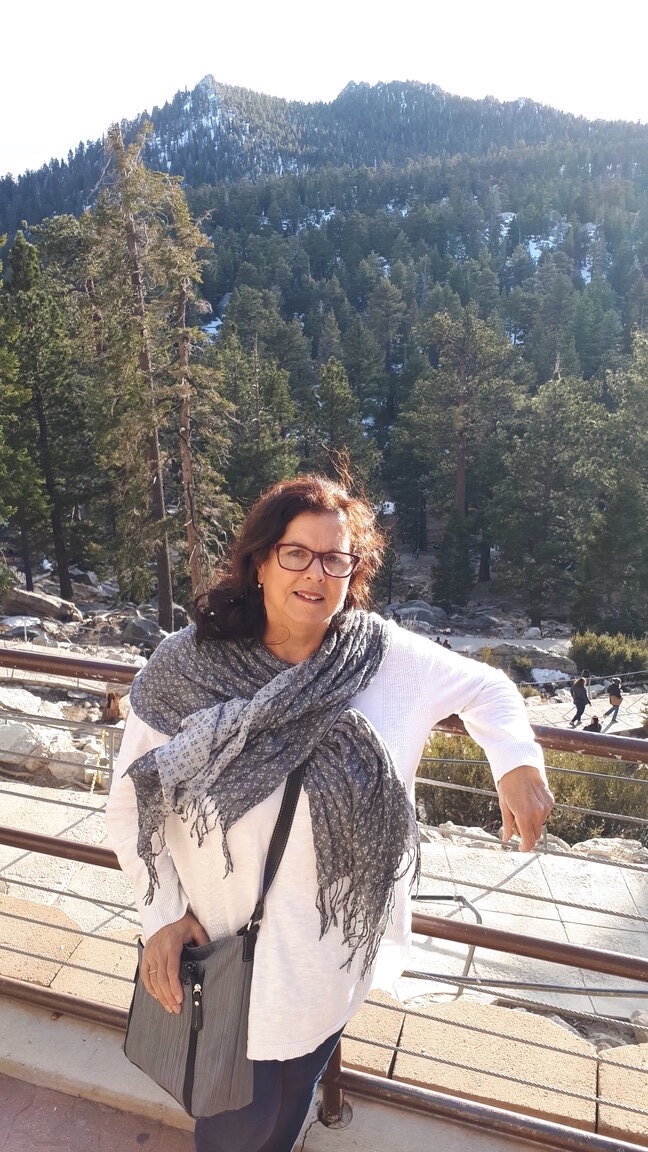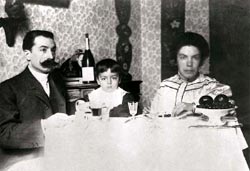[Editor’s note: Nella Cotrupi talks about the very special seminar she has planned on three women Italian novelists. The first, Elena Ferrante, needs no introduction. Grazia Deledda and Elsa Morante, both important influences on Ferrante, also write with keen psychological insight about their characters’ interior and exterior lives. This is the type of seminar you can find only at Classical Pursuits, and we encourage you to be part of it!]
Melanie Blake: You come from an Italian family and background. Have the works of Grazia Deledda and Elsa Morante always been a part of your reading life?
 Nella Cotrupi: Well, it all depends how far back you want to go and in which context, professional or personal. I first became acquainted with the works of Morante and Deledda as an undergraduate student of Italian literature. After graduating with a B.A. in Italian language and literature, and in political science, I went on to law school and did not go back for doctoral studies in the literary field until some years after I began to practice law. That goes back quite a few years now, so I have been acquainted with these two amazing authors for most of my adult life.
Nella Cotrupi: Well, it all depends how far back you want to go and in which context, professional or personal. I first became acquainted with the works of Morante and Deledda as an undergraduate student of Italian literature. After graduating with a B.A. in Italian language and literature, and in political science, I went on to law school and did not go back for doctoral studies in the literary field until some years after I began to practice law. That goes back quite a few years now, so I have been acquainted with these two amazing authors for most of my adult life.
As a child, growing up in an Italian-speaking household, I was exposed to Italian poetry, music, films and some fiction, but not these particular authors. I did have the pleasure of introducing Deledda and Morante (and quite some time later, Ferrante) to my parents, both avid readers in Italian. I have continued to spread the word about these authors ever since, in the classroom as well as through other professional and personal channels, as my fascination with their work has never waned.
MB: One line of inquiry in the seminar is how participants’ reading of the texts is influenced by the strong identification of each author with a particular place and time. How would you answer this question?
NC: Wanting to leave this question open ended for the students, I will reply from my own personal perspective and in broad terms only. I was born in Calabria, in the south of Italy. Having spent extended periods there, I can’t help but relate the detailed descriptions of early 20th century life in small-town Sardegna, in old Procida, and in working class Naples (all backwater regions of Italy) to my own place of origin.
All these locations are off the main tourist map of Italy, and certainly more so in those days than today. There are interesting parallels and differences among them. The authors had deep personal knowledge of and emotional ties to these locations, where they spent formative years of their lives. In their prose, they give us compelling details and insights into their chosen setting that attest to their strong powers of observation and description. They also use these powers in concert with vibrant imaginations to produce coherent and unified narrative worlds. Their descriptive passages, focused on building a tableau of a specific time and place, project convincing portraits of worlds offered to us in the round. Details of the locales, both natural and humanly created, form a ground on which the authors build the case for the harshness, complexity and beauty of the lives described, thereby nurturing the overall mood and thematic content of the narratives. The dance between specificity of time and place and universality of certain human situations and dilemmas is part of the magic of the narratives.
MB: What’s your favourite of the three novels we will read in the seminar? What stands out to you about this novel?
NC: Of course, I admire all three novels greatly and for different reasons. I will discuss only one here.

I see in After the Divorce, as in many of Deledda’s other novels, a keen mind unshackled from rigid moral and social codes. While she led a very conventional life on the surface, her aspirations, her accomplishments as a writer and the immediately identifiable originality of her worldview, shine a light on a creative and independent intelligence of great literary ambition. Yes, she captures the heart, soul and essence of her people and their corner of the world. She also cuts through trappings, hypocrisies and human fallibility to show people standing before her eyes and ours naked, exposed, and unadorned in their frail imperfect humanity. In her characters we can see ourselves and our yearnings and limitations, despite vast differences of place and time. Like them, we come to feel understood and somehow forgiven.
Melanie Blake: Thank you, Nella! I am so looking forward to this seminar.
Dear readers, join us for this unique exploration of modern Italian writing. It starts January 18, and you can find full details on the seminar page. All online seminars will be on sale December 20 and 21.
Featured image photo credit: Eduardo Castaldo/HBO from the HBO series My Brilliant Friend based on Elena Ferrante’s Neapolitan novels.


